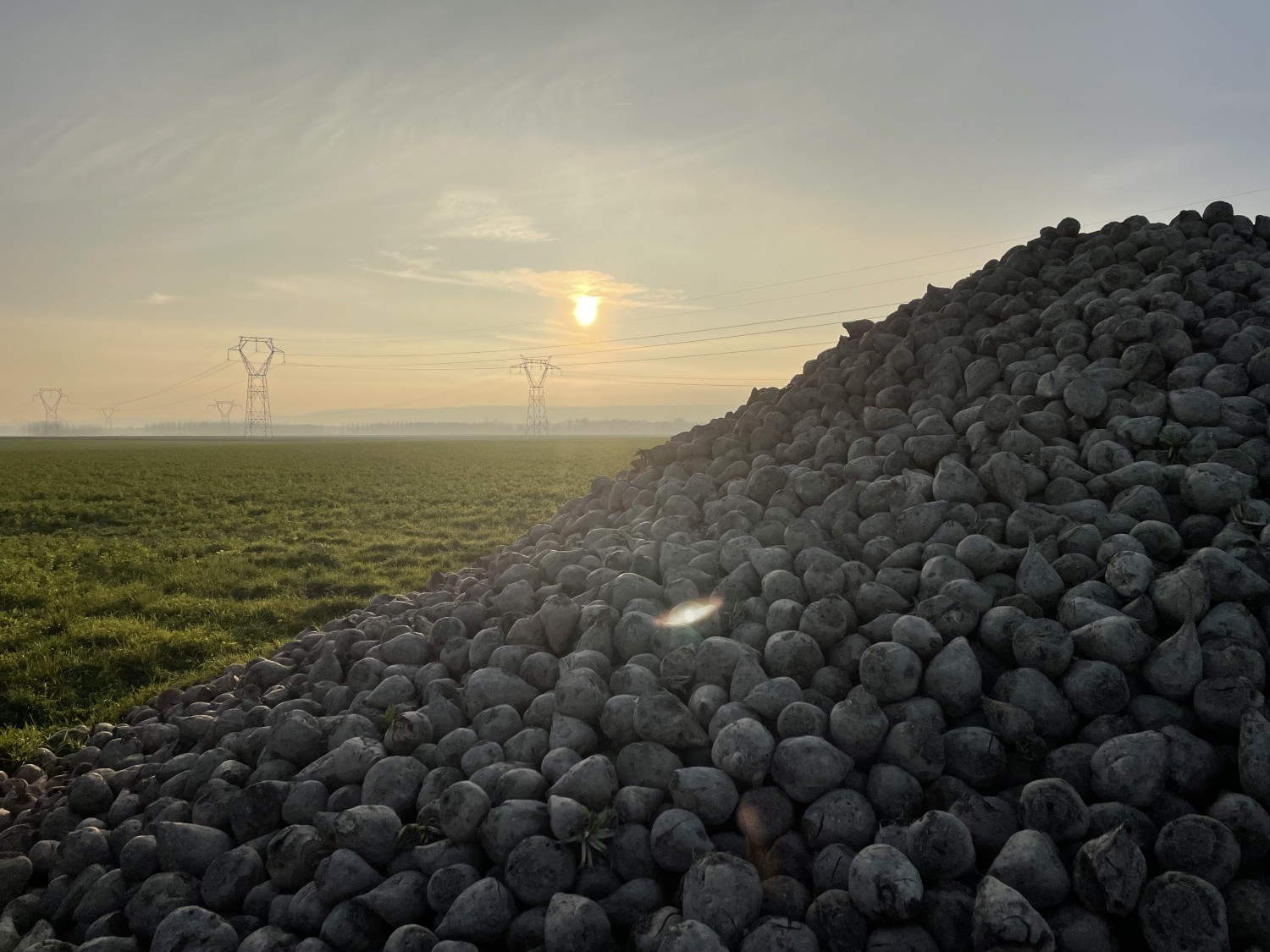Âge2SCoT
Funded by ADEME for the period 2022–2025, the action-research project Âge2SCoT (Dugua, 2023) focuses on the relationship between agroecology and spatial planning. The analysis is approached through the lens of landscape and Schémas de Cohérence Territoriale (SCoT), which have been described for over twenty years as “key documents” in the French spatial planning system. Two main questions structure the research: To what extent does spatial planning anticipate an agroecological transition? And conversely, how does agroecology reshape spatial planning? The project is based on two partner study areas: the SCoT of Greater Reims and the SCoT of the Lyon metropolitan area, managed by the urban planning syndicate SEPAL. These two territories differ significantly — demographically and in terms of landscape, but also regarding urban planning history and types of agriculture. This presentation offers a reflection — or a wondering open to debate — based on the findings of the Âge2SCoT project, in dialogue with the call for papers “Urbanism meets Agroecology.” In contrast with the idea of convergence, the fieldwork conducted in both areas reveals instead a "missed encounter," a kind of mutual ignorance between the world of spatial planning and the world of agriculture — and even more so, agroecology. The planning system appears largely incapable of addressing agricultural issues in depth, let alone agroecological ones. The concept of agroecology itself often proves ineffective in the context of the interviews conducted with a wide range of local stakeholders (local authorities, farmers, consular chambers, land agencies, grassroots organisations, etc.). This observation echoes findings from other research conducted in different territorial contexts (Charbonneau et al., 2024 ; Charbonneau, 2025 ; Boyon et al., 2024). In Champagne region, the SCoT of Greater Reims mainly contributes to the continuation and consolidation of the post-war agro-industrial model, reinforced by both national and EU-level performative planning (Garnotel, 1981), as long as the ongoing social, ecological, and climate crises do not significantly undermine its economic profitability. In the Lyon area, the Green municipal government (Europe Écologie Les Verts) has, since 2020, been developing an ambitious metropolitan agricultural and local food policy. It is based on the promotion of organic, local, and short-supply-chain farming, along with the recognition of agriculture and food as common goods. However, this policy remains controversial and contested by representatives of the agricultural sector as well as by predominantly rural and farming territories outside the Lyon metropolitan area. As such, it struggles to gain traction within large-scale spatial planning and long-term territorial visions. We therefore argue for the need for a genuine encounter between "bottom-up agroecological initiatives" (Chakroun, 2023) and "territorialised public action" through the structuring of spatial planning processes (Hillier, 2011; Dugua & Chakroun, 2019) — two worlds that, so far, still seem to operate largely in parallel.
Benoît Dugua holds a PhD in Urban Planning and Spatial Development (Grenoble Alpes University) and is an Associate Professor in Urban Planning at the research unit Habiter (EA 2076), Reims Champagne-Ardenne University (URCA). His research, situated at the intersection of urban planning, landscape studies, and agroecology, focuses on the analysis of territorial transformation processes in the context of ecological transition.
Myrtille Schlur is currently working at theresearch unit Habiter (EA2076), Reims Champagne-Ardenne University (URCA), on the Âge2SCoT project, which explores the relationships between spatial planning, agroecology, and landscapes. Her current research focuses on the territorial dynamics of agroecological transitions. In December 2025, she will begin a PhD on the restructuring of farms and agricultural land within an agroecological perspective.
← go back to
the programme
photography →
Sugar beet platform, Val-de-Vesle, Myrtille Schlur, 2024
